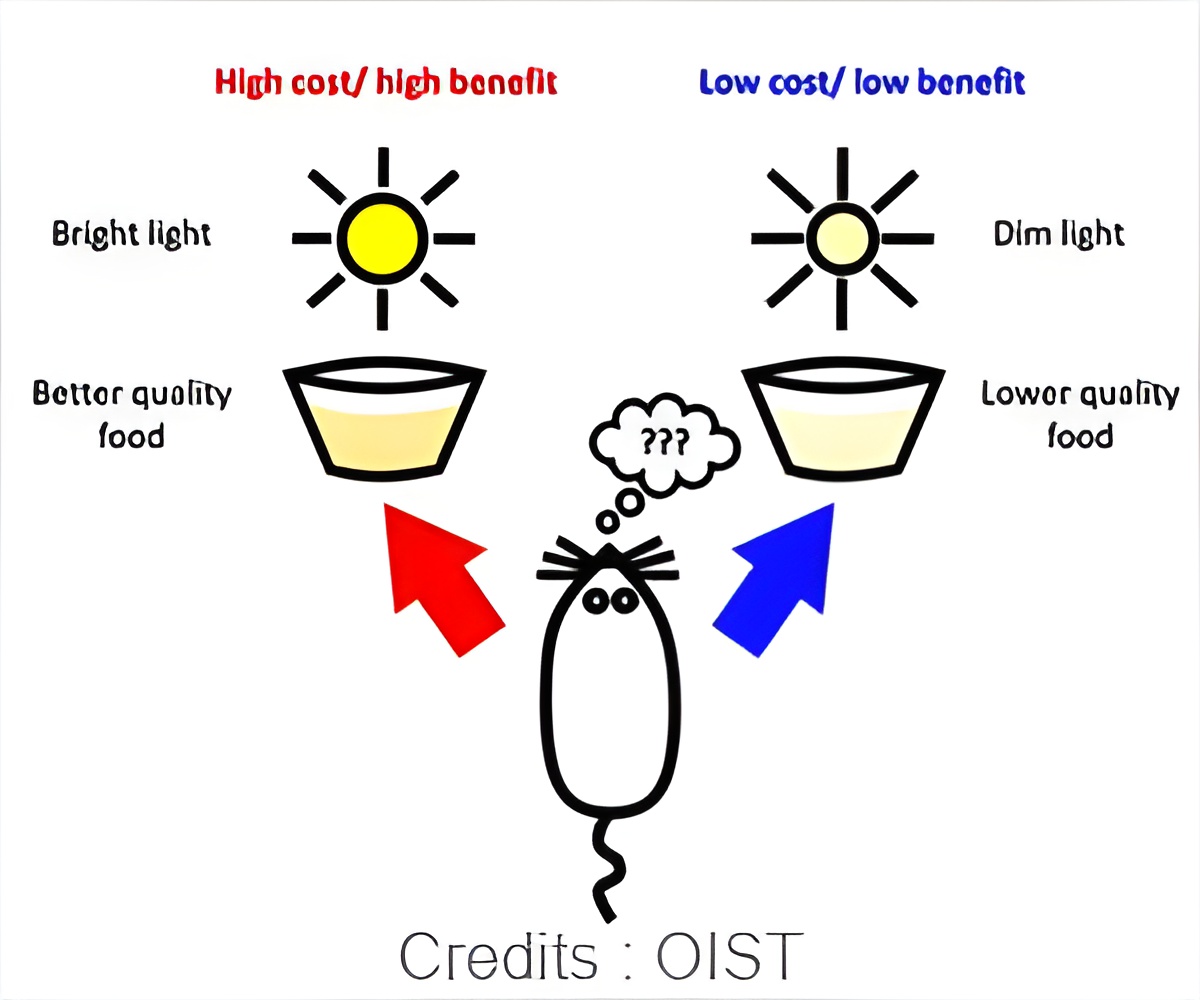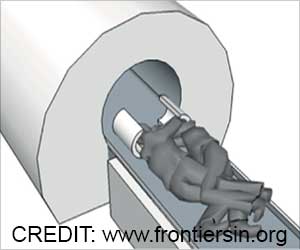Ventromedial thalamus may be linked to cost-benefit decision-making because it sends out signals to cortico-striatal neurons which are involved in cost-benefit decision-making.

‘Ventromedial thalamus may be involved in cost-benefit decision-making as it sends out signals to cortico-striatal neurons. Ventromedial thalamus also sends signals to inhibitory neurons to finetune the activity of cortico-striatal neurons.’
Read More..




Scientists previously believed that each area of the brain was responsible for a specific function. However, in recent years, scientists have understood that cognitive processes are carried out communication between different brain areas. Read More..
The connections between regions in the brain are formed by specialized cells called neurons. Neurons have long and thin projections that can reach out and send signals to other neurons located in different regions of the brain.
It is not easy to identify which brain region is connected to another as each brain region has many different sub-classes of neurons. It is a complicated and messy process.
The study found that ventromedial thalamus is associated with cost-benefit decision-making.
Ventromedial thalamus is a brain region predominantly involved in the movement. Abnormal function in this region is associated with Parkinson’s symptoms. However, many neuroscientists believe that this area may have other undiscovered functions.
Advertisement
Prefrontal cortex lies right in front of our brain. It plays a major role in more complex cognitive behaviors, such as expression of personality and understanding of language.
Prelimbic cortex is located in the region the two brain hemispheres join. Previous studies have shown that prelimbic cortex plays a role in working memory, fear conditioning and decision-making.
The researchers worked with brain slices from rats. They used different chemical markers to stain the ends of the neurons from the ventromedial thalamus and the outermost layer of the prelimbic cortex. They then pinpointed where the ends of the neurons meet and formed a synapse.
The researchers found that most connections formed within the prelimbic cortex belonged to a specific sub-class of neurons called cortico-striatal neurons.
Cortico-striatal neurons are important for cost-benefit decision-making. Ventromedial thalamus must also play a role in cost-benefit decision-making as it sends signals to cortico-striatal neurons.
The researchers also found that ventromedial thalamus neurons are also sending signals to inhibitory neurons in the prelimbic cortex.
Inhibitory neurons slow down or stop other neurons from firing and are essential for keeping the brain's activity under careful control. This may provide a way of finetuning the activity of cortico-striatal neurons.
The researchers stressed that further research is needed to understand the exact role of ventromedial thalamus in cost-benefit decision-making.
The team now plans to conduct behavioral studies in rats to determine if signals from the ventromedial thalamus change when rats choose higher quality food at a higher cost, or lower quality food at a lower cost.
Source-Medindia













